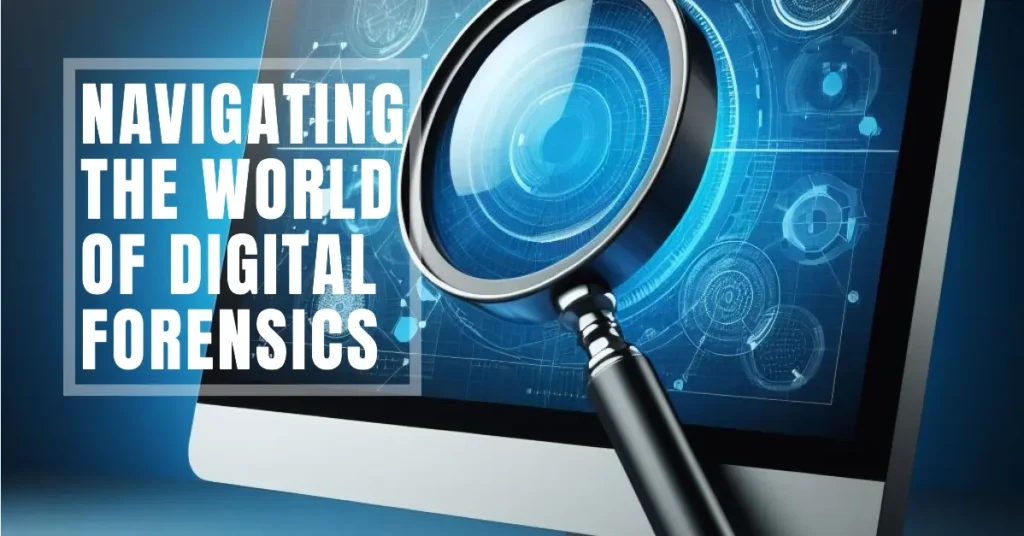With the rapid rise of cybercrimes and technological misuse, Karnataka’s Directorate of Forensic Science Laboratories (DFSL) has taken a bold step forward by leveraging cutting-edge digital tools. These tools aim to strengthen forensic investigations, improve conviction rates, and set a new benchmark for tackling cyber threats in India. Here’s a deep dive into how these advancements are poised to redefine forensic science.
The Rising Threat of Deepfakes and the Need for Advanced Forensics:
The Challenge of Deepfakes:
Deepfake technology, powered by AI, has evolved rapidly, allowing for the creation of highly realistic but fabricated videos and images. This has led to a surge in cybercrimes, from identity theft and financial fraud to the distribution of misinformation and harmful content. Karnataka’s DFSL recognizes that combating deepfakes requires more than traditional methods.
Deepfake Analysis Tool:
To address this, DFSL has proposed a deepfake video analysis tool capable of:
- Tampering Detection: Evaluating internal structures of videos rather than just visual content.
- Metadata Analysis: Tracing the editing history and identifying the software and devices involved.
- Speed and Precision: Processing child sexual abuse material (CSAM) and categorizing video files efficiently.
This tool is expected to authenticate digital content across platforms, ensuring reliable evidence presentation in courts.

Leveraging Smartwatch Data in Forensics:
The Untapped Potential of Smartwatches:
Smartwatches like those from Apple, Samsung, and Garmin store a wealth of data, including:
- GPS locations
- Health metrics
- Activity logs
Such data can be pivotal in solving crimes by providing time-stamped information about a suspect’s movements or activities.
Smartwatch Data Analysis Tool:
The DFSL’s proposed smartwatch analysis tool offers:
- Security Bypass Capabilities: Accessing locked devices without compromising data integrity.
- Data Recovery: Retrieving deleted contacts, messages, and multimedia files.
- Categorization with AI: Sorting images and data into categories such as drugs, weapons, and money for streamlined investigations.
The ability to connect and analyze multiple devices simultaneously makes this tool a significant step in improving forensic efficiency.
Drone Forensics: Addressing Emerging Threats
Drones in Crime:
From smuggling contraband to unauthorized surveillance, drones are increasingly being exploited for illegal activities. Extracting actionable evidence from drones has become a pressing necessity.
Drone Forensic Tool:
The new drone forensic tool will:
- Extract and analyze flight logs, GPS data, and stored media content.
- Support multi-device analysis, including SIM cards and SD cards.
- Enable recovery of deleted files, providing critical evidence in drone-related crimes.
This tool’s ability to image and clone data enhances its applicability across various crime scenarios.
Mobile Device Forensics: Comprehensive Digital Evidence
Smartphones as Evidence Goldmines
With over 32,000 device profiles and 12,700 app versions covered, the mobile acquisition and analysis tool is designed to handle:
- 1. Data Extraction: From contacts, call logs, and multimedia files to cryptocurrency transactions.
- 2. Advanced Techniques: Bypassing encrypted bootloaders and decoding data from apps like WhatsApp and Signal.
- 3. Cloud Data Handling: Accessing over 60 cloud platforms to retrieve information securely.
This tool’s ability to categorize and analyze massive datasets quickly is a game-changer in handling complex investigations.
Impact on Cybercrime Conviction Rates:
The deployment of these tools reflects Karnataka’s commitment to improving conviction rates by ensuring digital evidence is analyzed with precision and presented effectively in court. By certifying evidence that withstands scrutiny, these tools empower law enforcement to build stronger cases against cybercriminals.
The Road Ahead: A Model for the Nation
Karnataka’s DFSL is setting a precedent for forensic science in India. The integration of advanced tools like deepfake analysis, smartwatch data retrieval, and drone forensics marks a paradigm shift in tackling cybercrimes. As cyber threats grow more sophisticated, these tools will serve as the foundation for a resilient digital forensic framework.
Other states can look to Karnataka as a model for adopting similar technologies, ensuring nationwide readiness to combat the evolving landscape of cybercrime.
Conclusion:
Karnataka’s adoption of advanced digital forensic tools is a critical step in the fight against cybercrimes. By addressing challenges such as deepfakes, smartwatch data,
and drone-related crimes, the state is enhancing its investigative capabilities and ensuring justice in the digital age. These advancements are not just about technology but about creating a safer, more secure society equipped to handle the complexities of the modern cybercrime ecosystem.

Pooja is an enthusiastic writer who loves to dive into topics related to culture, wellness, and lifestyle. With a creative spirit and a knack for storytelling, she brings fresh insights and thoughtful perspectives to her writing. Pooja is always eager to explore new ideas and share them with her readers.